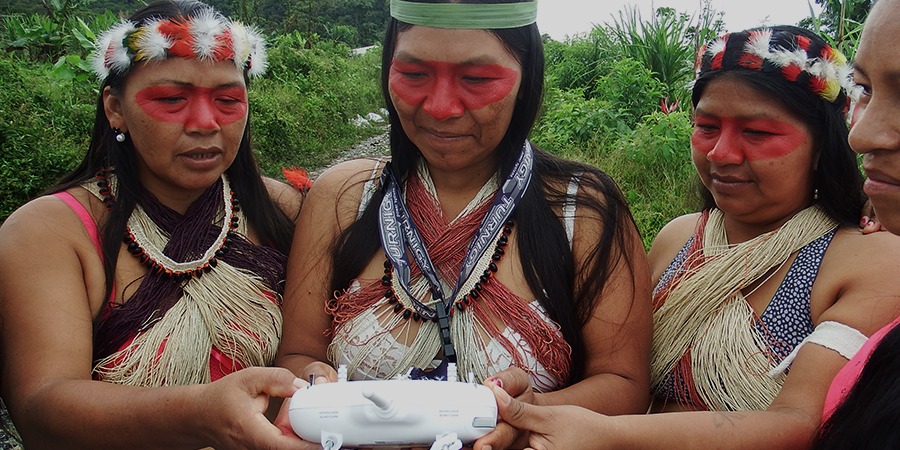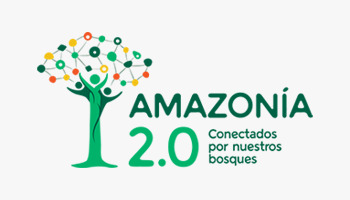Project | Dec, 2016
- Mar, 2023
Amazonia 2.0

Overview and objectives
The work area of the Amazon 2.0 project is implemented in: Brazil, Colombia, Ecuador, Peru, Guyana, Suriname. Its mission is to strengthen forest governance models in indigenous and peasant territories of the Amazon biome.
- Summary:
-
Amazonia 2.0 (A2.0) is a collaborative regional initiative funded by the European Union, executed since 2017 under the coordination of IUCN South America, in collaboration with IUCN Brazil, Fundación…
- Objective:
-
The general objective of A2.0 is to contain the deforestation and degradation of Amazonian forests, the loss of biodiversity and ecosystem services, including climate related issues, empowering a set…
Project at a glance
Start date:
Dec, 2016
End date:
Mar, 2023
Budget:
Themes:
Regions:

Members and partners
Ameridian Peoples Association,
Comissão Pró-Índio - CPI Acre,
Coordinadora de Organizaciones Indígenas de la Cuenca Amazónica,
Eco Redd,
EcoCiencia, Fundación Ecuatoriana de Estudios Ecológicos,
Fondo Mundial Para la Naturaleza (WWF Colombia),
Foundation Amazon Conservation Team Suriname,
Fundación Natura,
Instituto Chico Mendes de Conservação da Biodiversidade,
PRACTICAL ACTION,
Secretaria de Meio Ambiente do Estado do Acre-SEMA,
Secretaria de Meio Ambiente do Estado do Acre-SEMA,
PRACTICAL ACTION,
Secretaria de Meio Ambiente do Estado do Acre-SEMA

